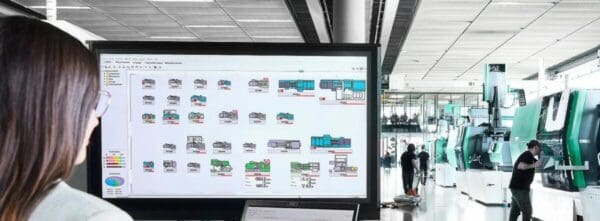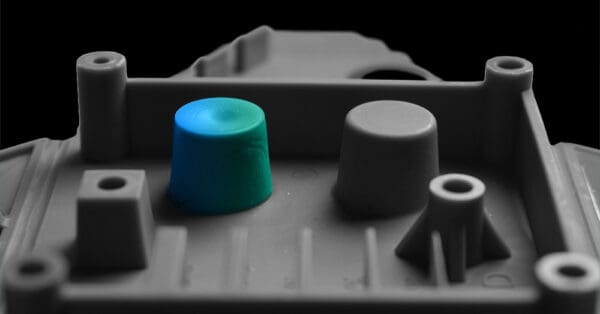
64% of Manufacturers Say Energy Costs Pose the Biggest Risk to Business – Intouch Monitoring
According to a recent article supported by research from PwC 60% of manufacturers are concerned about energy blackouts, and 70% expect energy costs to increase significantly in 2023. 64% of manufacturers say that energy costs pose the biggest risk to their business (source: Guardian)
You don’t need us to remind you about the wider ramifications of the rising energy costs: reduced profits, reduced margins, and job losses. But manufacturers are resilient and innovative and looking for ways to overcome their energy challenges, along with raw materials and labour costs.
How do manufacturers succeed in the face of rising energy costs?
Given the ongoing pressures faced by manufacturers in today’s competitive and volatile landscape, cutting costs is a business imperative. This, along with seeking ways to boost efficiency, improve operational performance, and mitigate the increases in raw materials and the increasing wage bill, is keeping manufacturing leaders awake at night.
Sadly, there isn’t a silver bullet, but when manufacturers say that energy accounts for over 20% of their costs, seeking out ways to reduce costs and mitigate rising costs puts a focus on understanding how and when you are using energy.
The first step for energy-intensive manufacturers is to understand clearly their energy consumption. One of the barriers to reducing energy use and costs is the lack of accurate data and visibility into the current energy consumption. Without a clear understanding of how and when energy is being used, it’s difficult to identify areas for improvement and develop effective energy-saving strategies.
Visibility. You need to know what you don’t know.
Analysis of energy consumption requires capturing accurate, real-time data. Most manufacturers pay higher prices for energy during peak periods. Having the flexibility to shift production away from peak periods can be an option to reduce costs, but without accurate data, you don’t know what the consumption and costs are when comparing production runs, machines and timing.
Another issue is the complexity of modern manufacturing facilities, which often involve multiple processes and systems that consume energy. Managing and optimising energy use across these different systems can be daunting, especially for manufacturers with limited resources or expertise in energy management.
Visibility of your overall usage also allows further energy reduction options to be identified and guide the potential investment of new technologies that can aid energy consumption reduction through changes in process, shift patterns and machine optimisation. This all needs to be balanced without impacting overall productivity.
Start monitoring energy consumption.
Each piece of manufacturing equipment on your factory floor is full of valuable data that can reveal ways to reduce or eliminate energy waste that may be causing your bills to be unnecessarily high. Installing real-time energy monitoring equipment puts you in control of your energy consumption, providing alerts that can help prevent breakdowns, highlight anomalies and give transparency on costs when machines are idle.
Monitoring can also help you maximise off-hour consumption savings (non-peak). It’s essential to know the time, days and processes that generate the highest energy consumption in your plant.
Collaboration between different departments is essential for successful energy management. By working together, different departments can ensure that energy management is integrated into the overall business strategy and that everyone is working towards the same goal.
Energy efficiency means lower costs.
Manufacturers can lower costs, increase OEE, and reduce their environmental impact by becoming more energy-efficient.
Energy monitoring and implementing energy-efficient technologies and best practices are key to achieving energy consumption efficiency and will also increase the overall operational efficiency of your manufacturing operation.
Read more news from Intouch here.
Intouch Monitoring
+44 (0) 1604 537100
Website
Email





